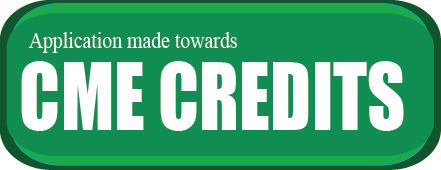
Julio-Cesar de la Torre-Montero
Comillas Pontifical University, Spain
Title: Competences in oncology clinical trials for nurses: A twenty year practice perspective
Biography
Biography: Julio-Cesar de la Torre-Montero
Abstract
Clinical trials in nursing have special requests that need attention and specific training. From a clinical training perspective, they provide us with an extensive experience along with theoretical knowledge. In order to achieve the competences that will allow us to become experts, we need to combine the experience in the academics and clinical field. We gathered a team of experts (three nurses, two pharmacists, one physician) with clinical experience as well as an extensive trajectory as college professors in order to define several competences (general, specific, and some of them particularly designed) to be applied in a nurse study in an Oncology Clinical Trial. We named and classified these competences in several categories such as: to know the competence, to know how to design the competence and to know how to perform such competence. To describe the competences of a study nurse, we must point out that study nurses take place in a multidisciplinary team, working with proper and delegated tasks. They do not just provide nursing care such as vital signs registration and administration of the prescribed medication. Along with that, they provide health education and assessment on treatment adherence. They are also responsible for the performance of complementary techniques including: providing assistance with the quality of life questionnaire-completion, EKG recording and blood extraction (that will be necessary to determine the phase I-II kinetics, pharmacogenomics, circulating tumor cells and basic blood work). They should also be ready to respond to adverse events and reactions coming from the prescribed treatments. Related to the above mentioned skills, it is important to know not only how to perform these techniques correctly, but to know why as well as the way how to approach the patient‘s needs.

